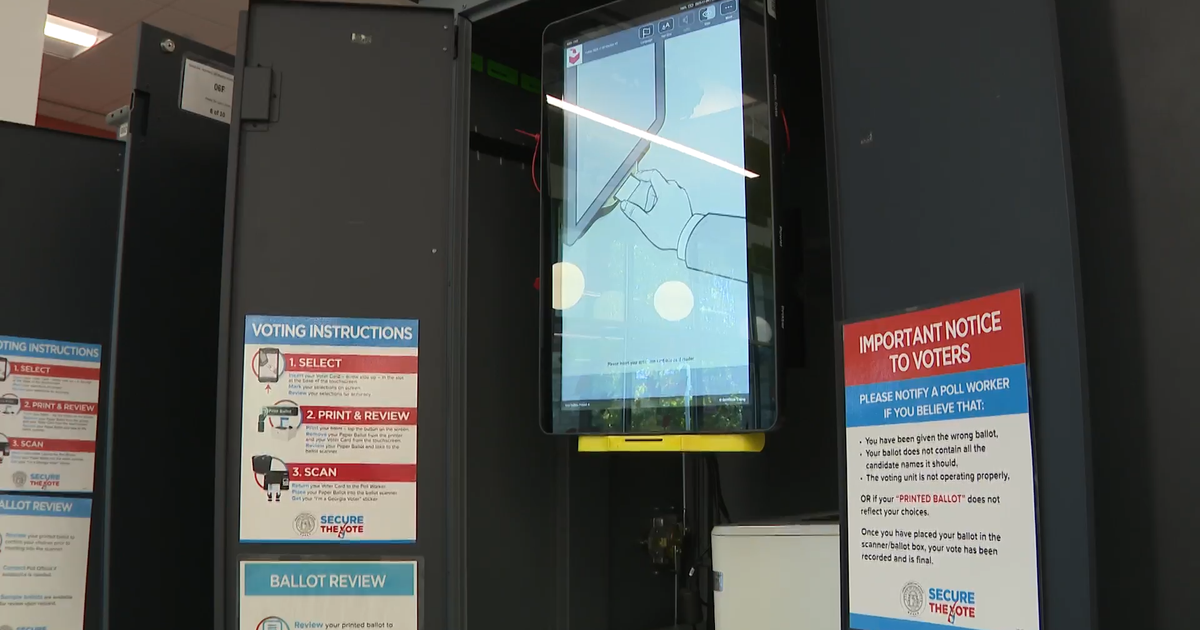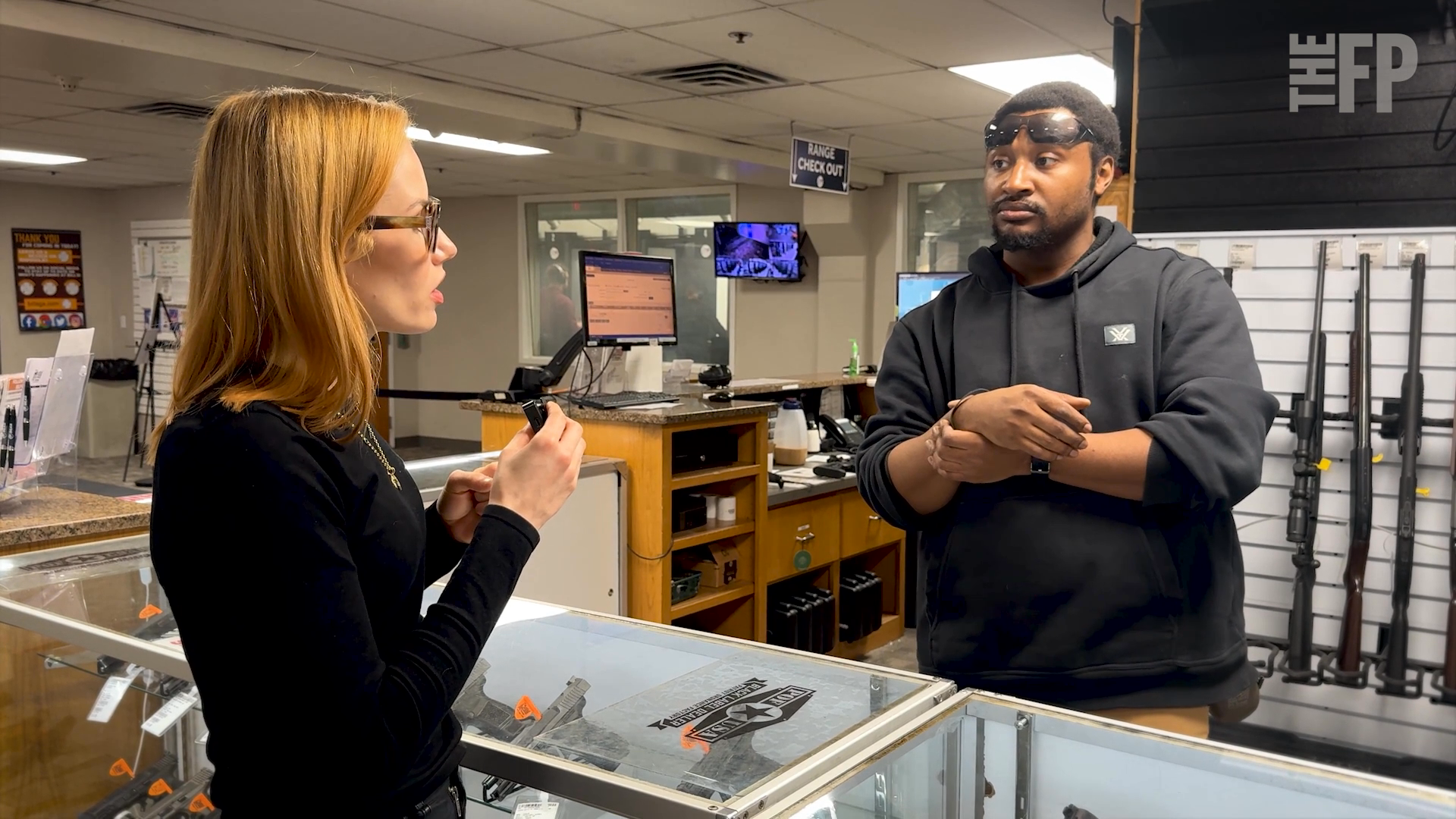"Departure" star Alex Lawther talks the importance of telling LGBT stories
With “The Imitation Game,” “Black Mirror” and the upcoming “Freak Show,” young British actor Alex Lawther is racking up quite the resume, and his latest indie film, “Departure,” is another notable entry.
Lawther spoke with CBS News about what drew him to the film -- about a mother and son at odds as they clear out a vacation home in the French countryside -- and why striving for diversity onscreen is so important.
What was it about “Departure” that first clicked with you?
I auditioned for the role a year before we started filming. I think we made “Departure” maybe three years ago now? A long time ago. What interested me initially was this difficult mother-son relationship, which for me is the heart of the film. That element of the story stood out to me as the most interesting.
How did you build that sometimes painful relationship with Juliet Stevenson, who plays your mother?
She’s brilliant. She wears her soul on her face, Juliet. And Elliot, my character, is so unlikeable at times. That is very much an understatement. And he’s made doubly unlikeable by Juliet’s ability to wear that pain so subtly but at the same time so vividly on her face. You can see every thought cross her eyes. I remember seeing the film with her and coming out and saying, “Elliot is such a d**k, I’m sorry that you had to play opposite that.”
You’ve previously discussed the importance of knowing what to say no to as an actor. What sort of thought or guidance has gone into how you’ve crafted your filmography?
It’s really been about instincts. Sometimes I’ve made mistakes and not really listened to my instincts and I’ve done a project and I’ve been disappointed with the consequence, I think, as a consequence of not listening to whatever part of me it is that, at its base, is interested in telling interesting stories. So yeah, in terms of decision-making, it’s a difficult thing. On the one hand you make decisions, and on the other hand those decisions are made for you. It’s about making sure whatever decisions you do get to make are coming from a place of integrity. Hopefully you won’t go too far wrong. I mean, I’m 21, I don’t really know what I’m saying.
What do you think about the importance of creating films addressing the LGBT youth experience, especially in today’s changing political climate?
We still have a very long way to go. I’m lucky enough to live in London, which is a boiling pot of every kind of language and background and demographic and sexuality and gender, and yet most of what we’re seeing in the cinema is not reflective of that. And absolutely, LGBT stories are important to tell -- which is part of a broader problem that we just need more diversity on our screens and in our theaters -- and in our government, too -- to represent a broader population.
You also just premiered “Freak Show” in Berlin, in which you play a teenage drag queen. Do you see that as in anyway continuing this kind of conversation?
It’s very different from “Departure.” It’s a film that perhaps fits in the American high school genre, whereas “Departure” is a film that looks toward the more European, continental school of film. They’re very different in their styles. You know what? I’d never really considered them as a continuation of a conversation. I saw them as both individually interesting stories to tell and characters that I personally wanted to explore and see what it would be like -- sort of experiment in that sense.
“Departure” is available in DVD and VOD starting March 10.



